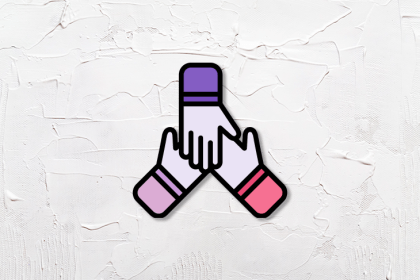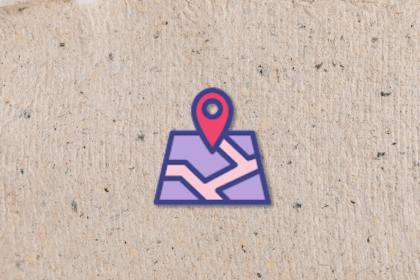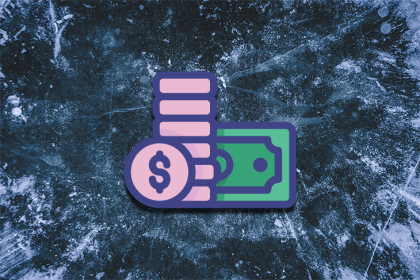
Umesh describes his experience taking products from zero to one at early-stage startups and how that process differs at a large enterprise.

A PMO is a centralized department in an organization that oversees and manages projects via a dedicated team of project managers.

The payback period is the length of time it takes for a new feature to generate the amount of money it costs to develop.

Puneet Tangri talks about two product groups or functions that you always need in the technology world: innovation catalysts and growth PMs.

By making critical information more accessible, reducing meetings, and consolidating communications, you can make your product design process smoother.

Building a team is crucial for delivery and daily operations in any organization, but it’s imperative in product management.

As the words suggest, Now, Next, Later is a simple roadmap tool that can help teams understand the priority of their work.

Paul Ghio, former VP of Product at Shutterstock and cofounder of Supernative, reveals how he took a new product org from playing kiddie soccer to executing on refined problem statements.

Competitive analysis identifies how solutions are positioned in the market and analyzes how to differentiate your product from competitors.

Something in the WeWork product had to fail on a fundamental level, so we’ll explore a few theories that may have paved WeWork’s demise.

PEST stands for political, economic, social, and technological factors that can have a significant impact on your business.

Konstantinos Koudigkelis, VP of Product at F. Schumacher & Co., talks about what motivates buyers — and, just as importantly, what enables sellers — in a well-established ecommerce marketplace.